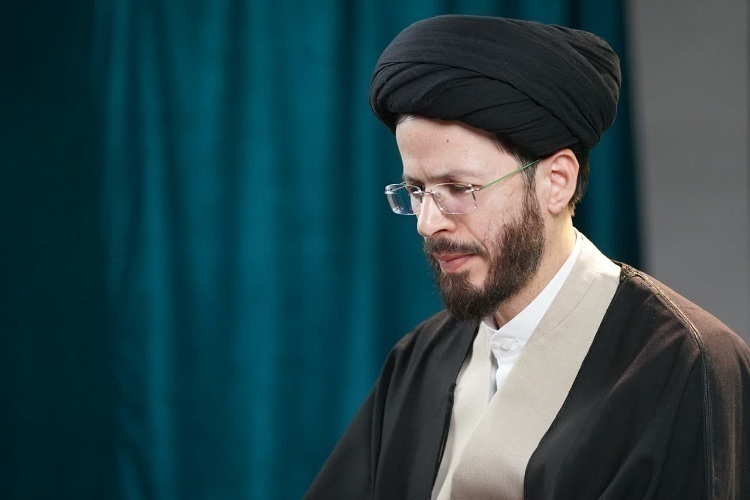Islamic Philosophy Provides ‘Universal Language’ for Interfaith Dialogue: Scholar

Speaking to IQNA, Doai said Islamic philosophy serves as a unique intellectual system that equips Muslims for global and interfaith discussions.
“As Muslims, we cannot be successful in international and interreligious dialogue without drawing on Islamic philosophy,” he stated. He described philosophy as “a universal language of thought” that allows people from different traditions to reach common ground.
The cleric explained that Islamic philosophy is rooted in reason, focusing on areas such as epistemology, metaphysics, theology, anthropology, and eschatology—subjects he described as “the shared concerns of all religions and human societies.”
He emphasized that philosophy’s ultimate aim is the pursuit of truth. Citing the late Allameh Tabatabaei, he said the goal of philosophy is “to know beings in a general way and distinguish them from what is not real.” According to Doai, a discipline with this mission “naturally has a strong role to play in interfaith dialogue, since it avoids relying on internal religious presuppositions.”
Read More:
He noted that while Islamic philosophy rejects relativism, it accepts that elements of truth can be found in other faiths. “This perspective makes genuine dialogue possible,” he said, adding that different manifestations of truth across religions can confirm and sometimes complement one another.
Doai argued that philosophy also instills in scholars broad-mindedness and moral tolerance, qualities he said are essential for constructive exchanges. “The very nature of philosophy directs the philosopher toward respecting the other and trying to understand them deeply,” he said.
Drawing on history, he highlighted the role of Muslim philosophers such as Avicenna and Mulla Sadra. Avicenna, he said, developed a rational theology that was “welcomed by Christian and Jewish thinkers” for its focus on shared concepts such as God, revelation, and resurrection. Maimonides, the Jewish philosopher, and Thomas Aquinas, the Christian theologian, were among those who engaged with his work.
Mulla Sadra, Doai continued, advanced philosophy further through his Transcendent Theosophy, which combined reason, revelation, and mysticism. This school, he said, not only expanded dialogue with Christian and Jewish theologians but also opened space for engagement with mystics and spiritual thinkers outside the Abrahamic traditions.
Asked about the impact of Greek texts on Islamic philosophy, Doai acknowledged the importance of the translation movement in the Abbasid period. Works from Greece, Persia, and India introduced disciplines such as logic, medicine, mathematics, and astronomy into the Muslim world. “But Muslims did not simply copy these texts,” he stressed. “They analyzed, critiqued, and indigenized them, creating an independent philosophical system to serve Islamic teachings.”
Read More:
He rejected claims that Islamic philosophy is merely Greek philosophy in another form. While acknowledging similarities, he pointed out that Muslim thinkers expanded the scope of philosophy from roughly 200 issues in Greek thought to nearly 700 in Islamic philosophy. Key concepts such as the primacy of existence, substantial motion, and the gradation of being were original contributions, he said.
“Neither is Greek philosophy absolute falsehood, nor was translating it wrong, nor is Islamic philosophy identical with it,” Doai remarked. He noted that the interaction enriched Islamic civilization while producing a philosophical paradigm deeply tied to the Quran and the teachings of the Prophet’s family (peace be upon them).
4304893



